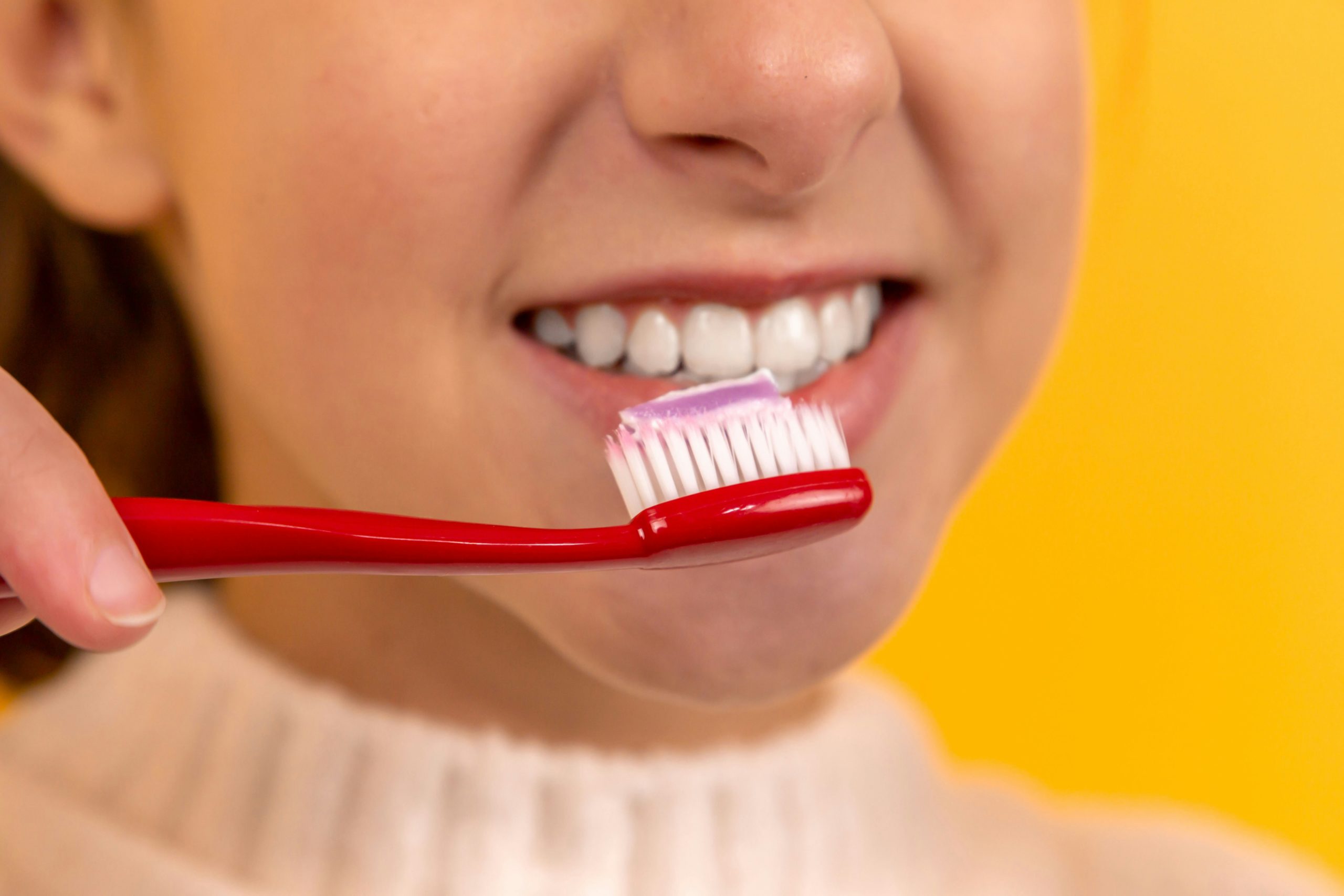Many individuals are turning to DIY natural toothpaste recipes as an alternative to commercial products. With concerns about artificial ingredients, chemicals, and environmental impact, homemade toothpaste offers a simple and effective solution for maintaining optimal oral hygiene.
Join us as we explore the benefits of homemade toothpaste and share five easy-to-follow recipes to elevate your oral care routine.
The Benefits of DIY Natural Toothpaste
Commercial toothpaste often contains a cocktail of artificial ingredients, including preservatives, artificial sweeteners, and harsh abrasives, which may not be suitable for everyone.
DIY natural toothpaste, on the other hand, allows you to control the ingredients and customize the formula to suit your specific needs. By using simple, natural ingredients like baking soda, coconut oil, and essential oils, you can create a toothpaste that is free from artificial additives and tailored to your preferences.
Moreover, many natural ingredients used in DIY toothpaste recipes offer additional benefits beyond simple cleansing. For example, baking soda has natural whitening properties, while coconut oil has antibacterial and anti-inflammatory properties that can promote healthier gums.
By harnessing the power of these natural ingredients, homemade toothpaste can provide comprehensive oral care while minimizing exposure to potentially harmful chemicals.
DIY Natural Toothpaste Recipes
1. Peppermint Freshness
Ingredients:
- 4 tablespoons coconut oil
- 2 tablespoons baking soda
- 10 drops peppermint essential oil
Instructions:
- In a small bowl, mix the coconut oil and baking soda until well combined.
- Add the peppermint essential oil and stir to distribute evenly.
- Transfer the mixture to a clean jar or container for storage.
- Use a small amount of toothpaste on your toothbrush and brush as usual.
2. Herbal Healing
Ingredients:
- 4 tablespoons bentonite clay
- 2 tablespoons coconut oil
- 1 tablespoon baking soda
- 5 drops tea tree essential oil
- 5 drops clove essential oil
- 5 drops peppermint essential oil
Instructions:
- In a mixing bowl, combine the bentonite clay, coconut oil, and baking soda.
- Add the tea tree, clove, and peppermint essential oils and mix well until the ingredients form a smooth paste.
- Transfer the toothpaste to a clean jar or container for storage.
- Use a small amount of toothpaste on your toothbrush and brush as usual.
3. Citrus Burst
Ingredients:
- 4 tablespoons baking soda
- 2 tablespoons coconut oil
- 10 drops lemon essential oil
- 5 drops orange essential oil
Instructions:
- In a small bowl, mix the baking soda and coconut oil until well combined.
- Add the lemon and orange essential oils and stir to distribute evenly.
- Transfer the mixture to a clean jar or container for storage.
- Use a small amount of toothpaste on your toothbrush and brush as usual.
4. Cinnamon Spice
Ingredients:
- 4 tablespoons baking soda
- 2 tablespoons coconut oil
- 10 drops cinnamon essential oil
- 5 drops clove essential oil
Instructions:
- In a mixing bowl, combine the baking soda and coconut oil until well mixed.
- Add the cinnamon and clove essential oils and stir to incorporate evenly.
- Transfer the toothpaste to a clean jar or container for storage.
- Use a small amount of toothpaste on your toothbrush and brush as usual.
5. Soothing Sensation
Ingredients:
- 4 tablespoons baking soda
- 2 tablespoons coconut oil
- 10 drops lavender essential oil
- 5 drops chamomile essential oil
Instructions:
- In a small bowl, mix the baking soda and coconut oil until thoroughly combined.
- Add the lavender and chamomile essential oils and stir to distribute evenly.
- Transfer the mixture to a clean jar or container for storage.
- Use a small amount of toothpaste on your toothbrush and brush as usual.
Conclusion
Making your natural toothpaste can be a rewarding and empowering experience, allowing you to take control of your oral care routine and tailor the ingredients to suit your preferences. With simple, readily available ingredients and easy-to-follow recipes, DIY toothpaste offers a natural alternative to commercial products, free from artificial additives and chemicals. Whether you prefer the refreshing tingle of peppermint or the soothing scent of lavender, there’s a homemade toothpaste recipe to suit every taste and preference.
FAQs
Q1: Is homemade toothpaste as effective as commercial toothpaste?
While homemade toothpaste may not contain fluoride, which is often added to commercial toothpaste for its cavity-fighting properties, it can still be effective in cleaning and protecting the teeth when used as part of a comprehensive oral care routine.
Q2: Can I use homemade toothpaste if I have sensitive teeth or gums?
Some homemade toothpaste recipes may be gentler on sensitive teeth and gums, especially those that include soothing ingredients like coconut oil and chamomile essential oil. However, it’s essential to monitor your oral health and consult with a dentist if you experience any discomfort or sensitivity.
Q3: How long does homemade toothpaste last?
Homemade toothpaste typically has a shelf life of several weeks to a few months, depending on the ingredients used and how it is stored. To prolong the shelf life of your homemade toothpaste, store it in a clean, airtight container away from moisture and direct sunlight.
Q4: Can I customize homemade toothpaste to suit my preferences?
Yes, one of the benefits of making your own toothpaste is the ability to customize the ingredients and tailor the formula to suit your preferences. Experiment with different essential oils and natural flavorings to create a toothpaste that suits your taste and oral care needs.
Q5: Are there any ingredients I should avoid in homemade toothpaste?
While natural ingredients like baking soda, coconut oil, and essential oils are generally safe for use in homemade toothpaste, it’s essential to avoid abrasive or harsh ingredients that may damage the enamel or irritate the gums. Be cautious when using acidic ingredients like lemon juice, as they can erode tooth enamel over time.



